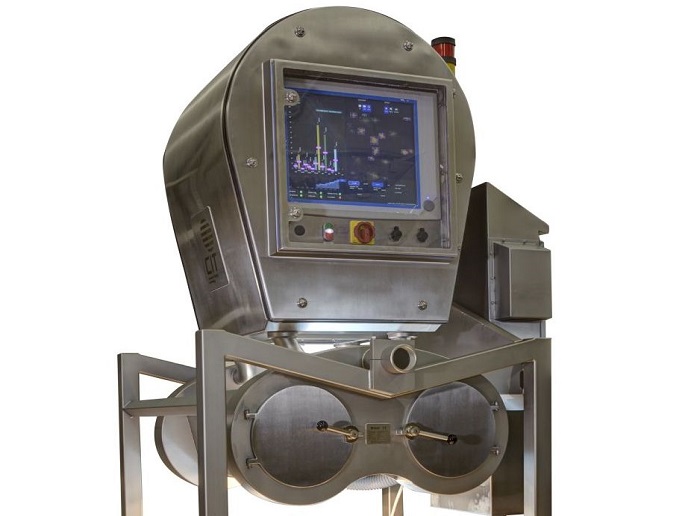New professional-political business models emerge
Professionals and professions play an important role in addressing long-term socioeconomic challenges on a global scale. The EU-funded PIPES (Professions in international political economies) project investigated the impact that these professionals and professions have within the international political economy. It examined pivotal issues such as post-crisis financial reform, transnational wealth management, tax justice activism and low fertility in developed countries. Topics of concern ranged widely from private forms of international diplomacy and biofuel markets to patents for essential medicines and internet service pricing. Three main findings emerged from the project. Firstly, the researchers found that transnational governance benefits strongly from professionals who are not linked to national professional associations. They also found that career structure has an important impact on individuals' high status in professional networks, with mixed careers being particularly important. The third finding revealed that there is a shift from professionalism based on formal training and professional associations to professionalism based on how to organise oneself across different groups. Together, the findings yielded three main conclusions and issues that furthered the project's aims. The first is epistemic arbitrage, referring to professionals who mediate between different topics to position themselves, as well as their skills and knowledge, as the perfect combination able to address challenges. The second is identity switching, where professionals 'switch hats' to gain advantage by moving between the worlds of policy, science, activism and corporations. The third is 'organising not organisations', which espouses that idea that forms of organising are more important than organisational forms. PIPES noted that epistemic arbitrage and identity switching were common practices for professionals involved in international political economies. These deliberate practices contradicted traditional theories regarding the behaviour of international organisations, non-governmental organisations and businesses. The project's outcomes shed light on how professionals compete and cooperate to define long-term socioeconomic problems in the international political economy. This is likely to give rise to new theories of international business and demystify practices in the professional and political worlds that affect society and its economy.






